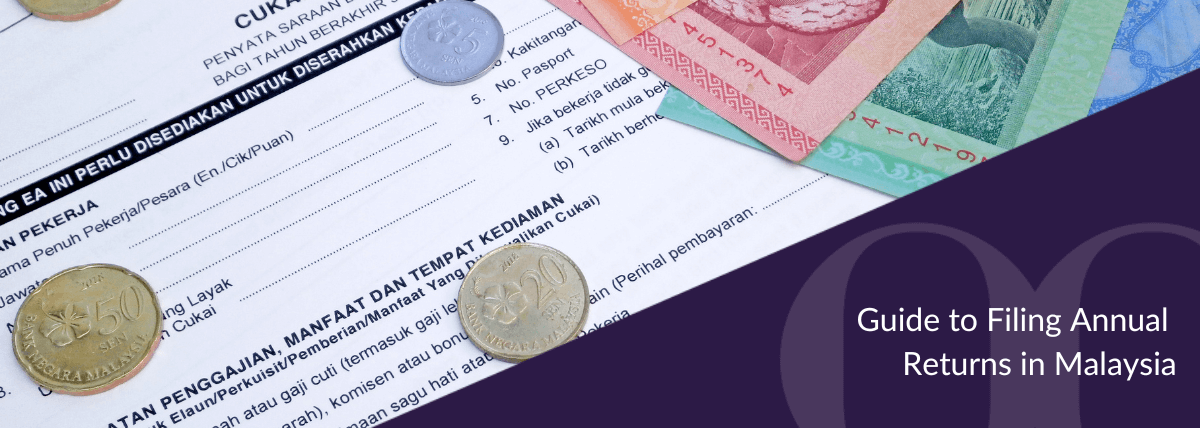Performance share plans (PSPs) are a type of long-term incentive scheme that rewards employees with shares of the company based on the achievement of certain performance goals. In Malaysia, PSPs are becoming more popular among companies as a way to align the interests of employees and shareholders, motivate and retain talent, and foster a culture of ownership and accountability.
What are Performance Share Plans (PSPs)?
Performance share plans (PSPs) constitute a type of equity compensation where employees earn the right to receive company shares contingent on meeting or surpassing predefined performance goals across a typically three to five-year period. These objectives span financial, operational, or strategic metrics, such as earnings per share, revenue growth, return on equity, customer satisfaction, or market share. The number of awarded shares hinges on factors like an employee’s role, individual performance, and overall company performance.
In contrast to stock options that grant the right to purchase shares at a fixed price, performance shares involve no payment from employees. However, these shares are subject to vesting conditions, requiring employees to stay with the company until the performance period concludes and performance criteria are met. Failure to meet targets may result in a reduced share allocation or none at all.

Types of performance metrics used in PSP
There are three primary performance metrics commonly employed in performance share plans in Malaysia: Total Shareholder Return (TSR), Earnings-Based, and Strategic Goals.
While aligning employee and shareholder interests, TSR performance shares may be influenced by external factors beyond employee control, including market conditions and investor sentiment. This approach may not necessarily reflect the underlying value creation or long-term strategy of the company, focusing more on short-term fluctuations in share prices.
However, earnings-based performance shares may be susceptible to manipulation or distortion by accounting policies, adjustments, or one-off items. They may also fall short in capturing non-financial aspects of performance, such as customer satisfaction, innovation, or social responsibility. Additionally, this approach may inadvertently encourage short-termism or excessive risk-taking as employees focus on boosting earnings in the current period.
Though flexible to tailor performance criteria to the company’s industry and strategic priorities, strategic goals performance shares may be difficult to define, measure, and verify, leading to a potential lack of comparability or consistency. The performance criteria may also vary across different business units, functions, or regions, which can create conflicts or trade-offs for employees who must balance competing or contradictory goals, such as profitability and sustainability.
How Performance Share Plans work
Ever wondered about the inner workings of performance share plans? Let’s lay it out step by step:
- Setting the Scene: The company starts by defining the performance period, target shares, and metrics for each employee or group.
- Conditional Grants: At the beginning of the performance period, employees receive a conditional right to secure target shares, contingent on meeting specific conditions.
- Performance Focus: During the performance period, employees work towards achieving set goals while the company monitors and evaluates progress.
- Outcome Assessment: As the performance period concludes, the company calculates the actual shares awarded to each employee, ranging from 0% to 200% of the target.
- Delivery Process: The company delivers the shares, either as actual stocks or a cash equivalent, deducting applicable taxes and fees.

Advantages of performance shares
Performance share plans offer several benefits to both the company and the employees, such as:
Performance share restrictions & risk
It’s important to remember that not all smooth sailing with performance share plans. Here are the constraints and risks to be mindful of:
- Shareholder Dilution: Issuing new shares may dilute the ownership and earnings of existing shareholders.
- Administrative Challenges: Implementation involves complexities and increased costs, including designing, monitoring, and complying with accounting, tax, and legal regulations.
- Uncertainty and Volatility: The value and number of shares are subject to change based on performance and market conditions, introducing unpredictability.
- Potential Misalignments: Performance metrics may not always align with the true value creation or long-term strategy, potentially incentivising undesirable behaviours or outcomes.
For expert insights into the implementation and optimisation of performance share plans in Malaysia, consider exploring the services offered by BoardRoom, a leading provider of employee stock options plan services and more. Contact us today to learn more!
Related Business Insights
-

08 Jul 2024
Guide to Filing Annual Returns in Malaysia
Ensure compliance and maintain your business's integrity in Malaysia with this guide on filing annual returns effic …
READ MORE -

24 May 2024
10 Advantages of Outsourcing Your Payroll Services
Explore the benefits of outsourcing payroll and discover how outsourced payroll providers like BoardRoom can stream …
READ MORE -

24 May 2024
IPO Application: A Guide to Listing Your Company in Malaysia
Navigate your IPO application in Malaysia effortlessly with BoardRoom's expert support and unlock opportunities on …
READ MORE
















